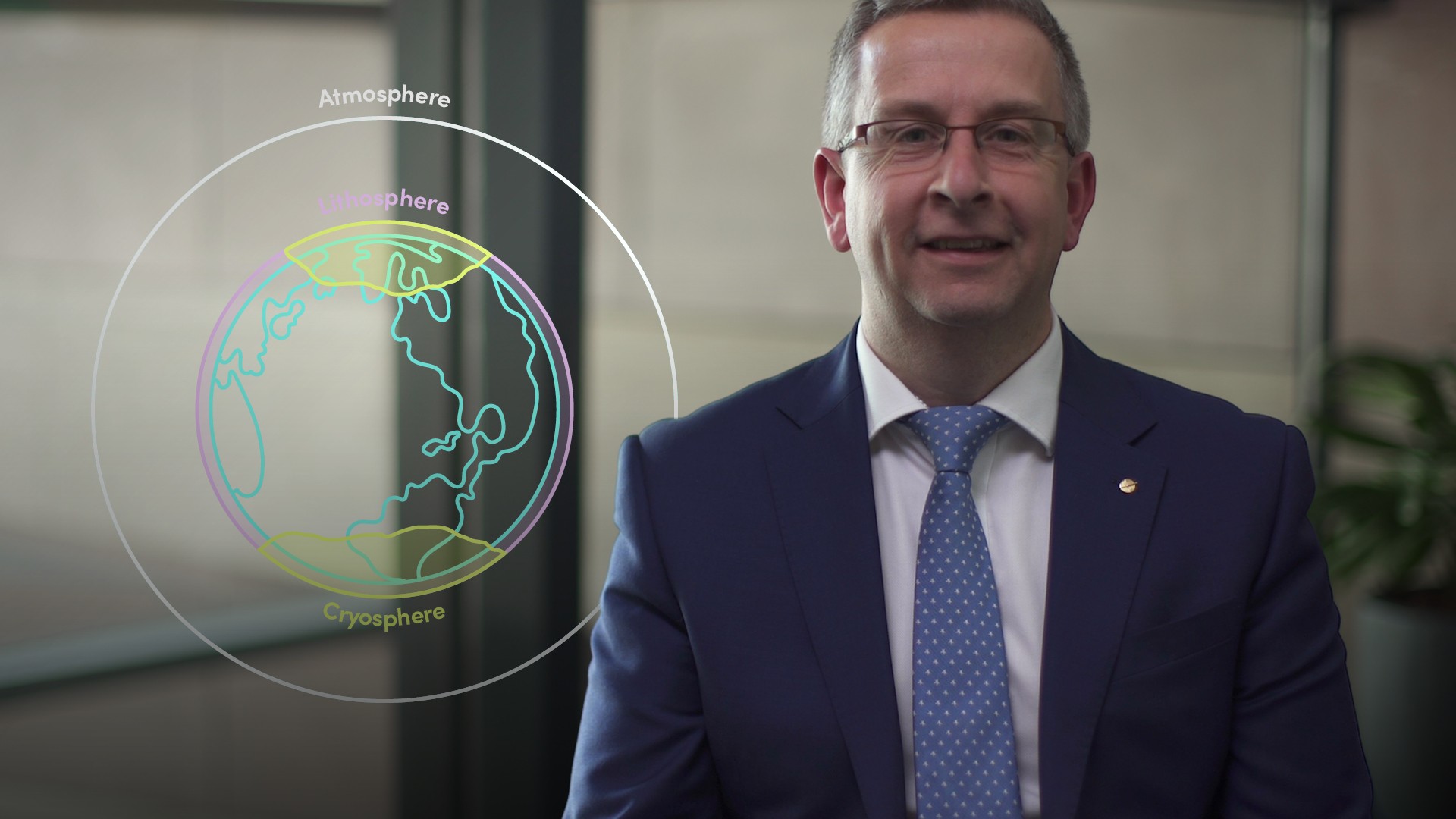
Introduction to Climate Change

Simon Thompson
Managing Director and Author
Understanding the science of climate change is vital for understanding the future of finance. In this video, Simon gives an introduction to the science behind climate change and outlines the current political, scientific, and financial situations relating to this phenomenon.
Understanding the science of climate change is vital for understanding the future of finance. In this video, Simon gives an introduction to the science behind climate change and outlines the current political, scientific, and financial situations relating to this phenomenon.
Subscribe to watch
Access this and all of the content on our platform by signing up for a 7-day free trial.

Introduction to Climate Change
12 mins 11 secs
Key learning objectives:
Explain how the financial sector can help mitigate climate change, according to the Paris Climate Change Agreement
Explain how banking and finance are impacted by climate change
Define stranded asset and how they pose a risk to the economy
Overview:
The scientific consensus is that human activities have had a significant impact on climate change over the past 200 years. The Paris Climate Change Agreement was implemented to attempt to mitigate climate change and its projected effects, namely mass migration. The Agreement specifies that the financial sector must track investments that are financing activities that help to mitigate climate change, or detract from this goal. Monitoring can help assess the extent of transition risk, including stranded asset risk, which can be a shock to the financial markets if the “carbon bubble” bursts.
Subscribe to watch
Access this and all of the content on our platform by signing up for a 7-day free trial.
What is the Paris Climate Change Agreement, and how does it relate to the financial sector’s role in climate change?
The Paris Climate Change Agreement was the first universal, legally-binding global climate agreement. It was adopted at the 21st annual United Nations Climate Change Conference, held in Paris in 2015.
One of the main goals is described in Article 2.1c: “make finance flows consistent with a pathway towards low greenhouse gas emissions and climate-resilient development”. There are two key aspects to achieving the objectives of Article 2.1c and making finance flows consistent with a low-carbon world:
Firstly: tracking flows of investment to identify climate-change mitigation and adaptation projects and activities.
Secondly: tracking investment and other financial activities that are financing activities and projects that detract from the achievement of the Paris Agreement objectives, for example, the continued financing of high-carbon power generation.
What is the current scientific consensus, and why is it relevant to banking and finance?
The scientific consensus is that human activities have had a significant impact on climate change over the past 200 years, and are continuing to do so. The industrial revolution was built on fossil fuels, as is most of our world today.
Green Finance Professionals need to understand the basic science of climate change in order to design, implement and monitor investments consistent with achieving the objectives of Article 2.1c. They also need this knowledge in order to identify, quantify, and manage the significant risks - and take advantage of the substantial opportunities from the transition to a low-carbon world.
What are the projected impacts of climate change?
Future climate-model projections suggest that Arctic sea ice cover will continue to shrink and thin over the next century under all greenhouse gas-emissions scenarios. With global average surface temperatures projected to rise, glacier ice mass is also projected to continue to decline.
The IPCC estimates that by 2050, up to 150 million individuals could migrate due to the effects of climate change. This will be caused by a combination of extreme weather events and longer-term climate change effects including rising sea levels and increasing land temperatures.
While climate change will affect everyone, many of its effects may be felt disproportionately in the developing world, with those most affected by climate change being the least responsible for it.
What is stranded asset risk, and why is it important?
Climate-related financial risks are often divided into physical risks and transition risks. One of the most significant transition risks from climate change is stranded asset risk. This is the risk of a significant loss of economic value in an asset due to an abrupt change to a low-carbon world.
If global warming is to be restricted to 1.5C or below there will be strict limits on the amount of fossil fuels we can continue use for power generation. They will need to be replaced by alternative, clean and renewable energy sources. This means that many fossil fuel assets may become impaired or stranded. That is, assets that have suffered from unanticipated or premature write-downs, devaluations or conversion to liabilities. This is known as the “carbon bubble”.
Stranded assets could have a very significant impact across financial markets. Financial services firms are major investors in, and lenders to, a wide range of sectors with a heavy dependency on fossil fuels. Regulators consider an abrupt transition as a systemic threat to the stability of the financial sector. This is why regulators are at the forefront of efforts to identify, disclose and mitigate the effects of stranded assets, and climate-related financial risks more widely.
Subscribe to watch
Access this and all of the content on our platform by signing up for a 7-day free trial.

Simon Thompson
There are no available Videos from "Simon Thompson"





























